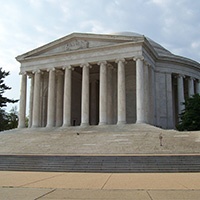Leighton Child Custody Lawyer, Alabama
Includes: Guardianships & Conservatorships, Custody & Visitation
Not enough matches for Leighton Child Custody lawyer.
Below are all Leighton Divorce & Family Law lawyers.
James Paul Atkinson
✓ VERIFIEDAccident & Injury, Divorce & Family Law, Lawsuit & Dispute, Criminal
James Atkinson is a practicing lawyer in the state of Florence, AL.
Nathanial Pride Tompkins
Accident & Injury, Criminal, Divorce & Family Law, Estate, DUI-DWI
Status: In Good Standing Licensed: 57 Years
Lindsey Mussleman Davis
Divorce & Family Law, Accident & Injury, Criminal, Real Estate, Estate
Status: In Good Standing Licensed: 41 Years
John Berry Baugh
Health Care, Insurance, Car Accident, Civil Rights, Child Custody
Status: In Good Standing
Robert F Smith
Family Law, Adoption, Divorce & Family Law, Bankruptcy
Status: In Good Standing Licensed: 40 Years
Heath F Trousdale
Accident & Injury, Divorce, Wills & Probate, Divorce & Family Law, Child Custody
Status: In Good Standing Licensed: 33 Years
Charles William Cochran
Bankruptcy, Real Estate Other, Family Law
Status: In Good Standing Licensed: 54 Years
Cindy S Schuessler
Real Estate, Wills & Probate, Trusts, Family Law
Status: In Good Standing Licensed: 46 Years


